Here’s How to Add Nitrogen to Soil, Naturally
Published Dec. 2 2022, 1:45 p.m. ET
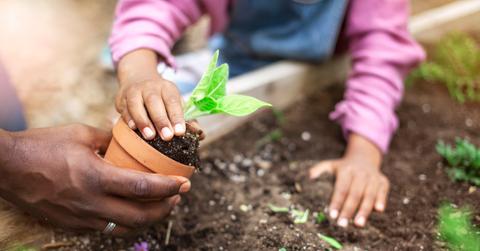
Nitrogen is essential to your plant’s survival — it helps them grow big and strong. If plants don’t get enough nitrogen, it can be a problem.
There are a couple of different ways to tell if your plants need more nitrogen: the foliage turns a yellow-green color and there hasn’t been much or any sign of growth. If your plant is showing these signs, don’t worry. Here are a few ideas on how to add nitrogen to your soil naturally.
READ NEXT: This Teen Is Suing Her Home State in a Historic Climate Change Case
Use coffee grounds
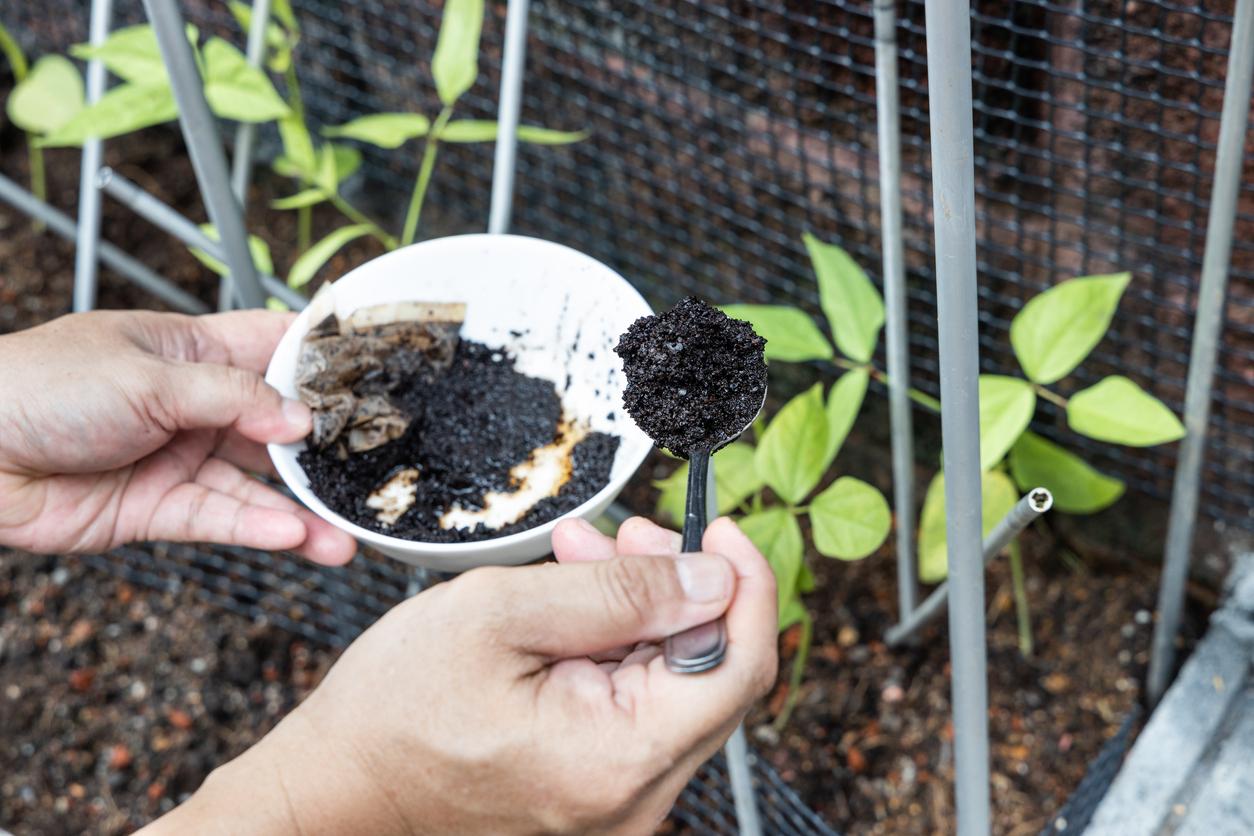
What’s a better gardening tool than something you probably already have on hand every day? If you’re a routine coffee drinker, adding some coffee grounds to your garden will be easy-peasy.
According to the Gardening Channel, coffee grounds are a good nitrogen source and can improve soil drainage. You can add it directly into your soil or you can mix it into your compost pile. If you don’t drink coffee, you can still try this idea out — head to your nearest coffee shop and ask if they have some coffee grounds you can have! This is an easy and efficient way to add nitrogen to your soil.
Add eggshells
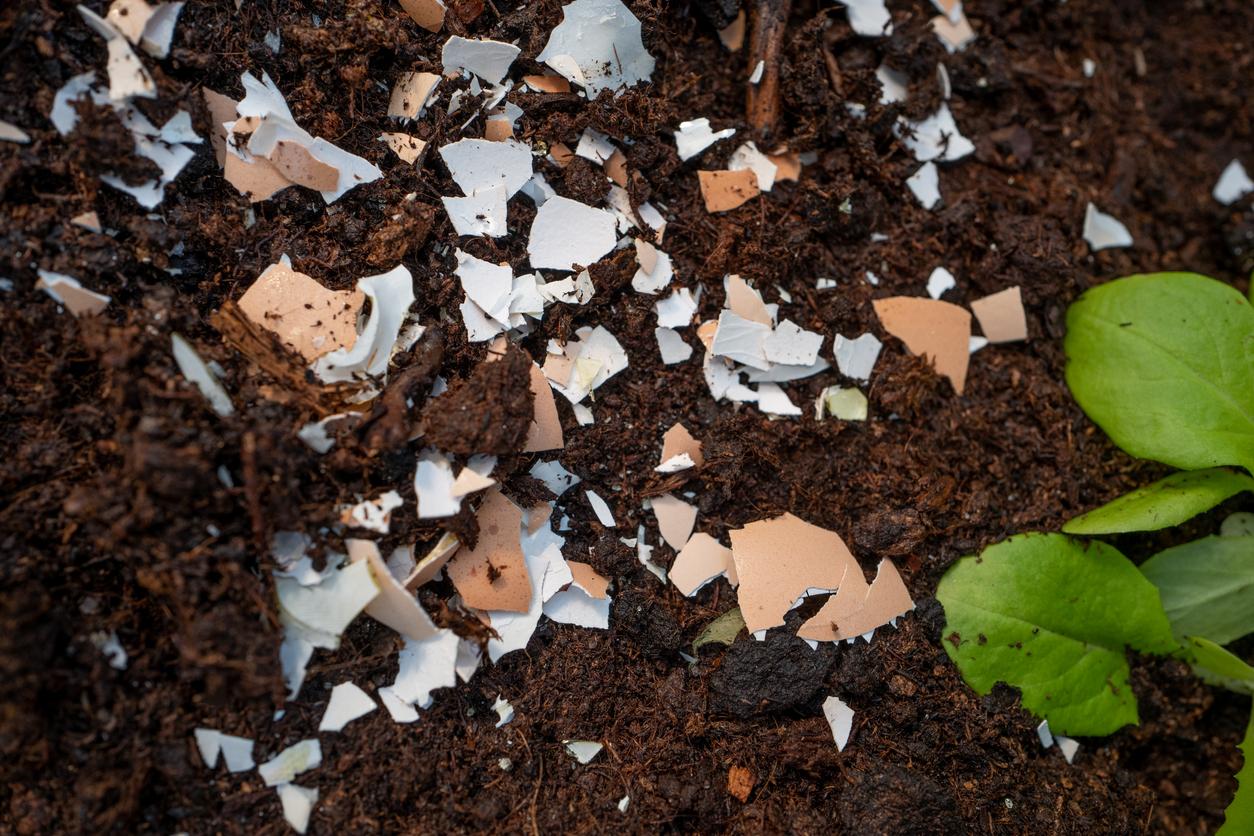
If you don’t drink coffee every day, there’s still a chance you might eat eggs every once and a while. And listen, if you don’t, you can still collect them from someone else! Ask your friends or family to save their eggshells for your garden.
Garden and Happy explains that eggshells will give your garden a small nitrogen boost if you crush them up and add them to the soil. This method won’t produce a ton of nitrogen, but it will add calcium to your soil, which is also good for plants. It’s simple enough and it gives you a way to use eggshells instead of throwing them in the compost or trash.
Grow nitrogen-fixing plants
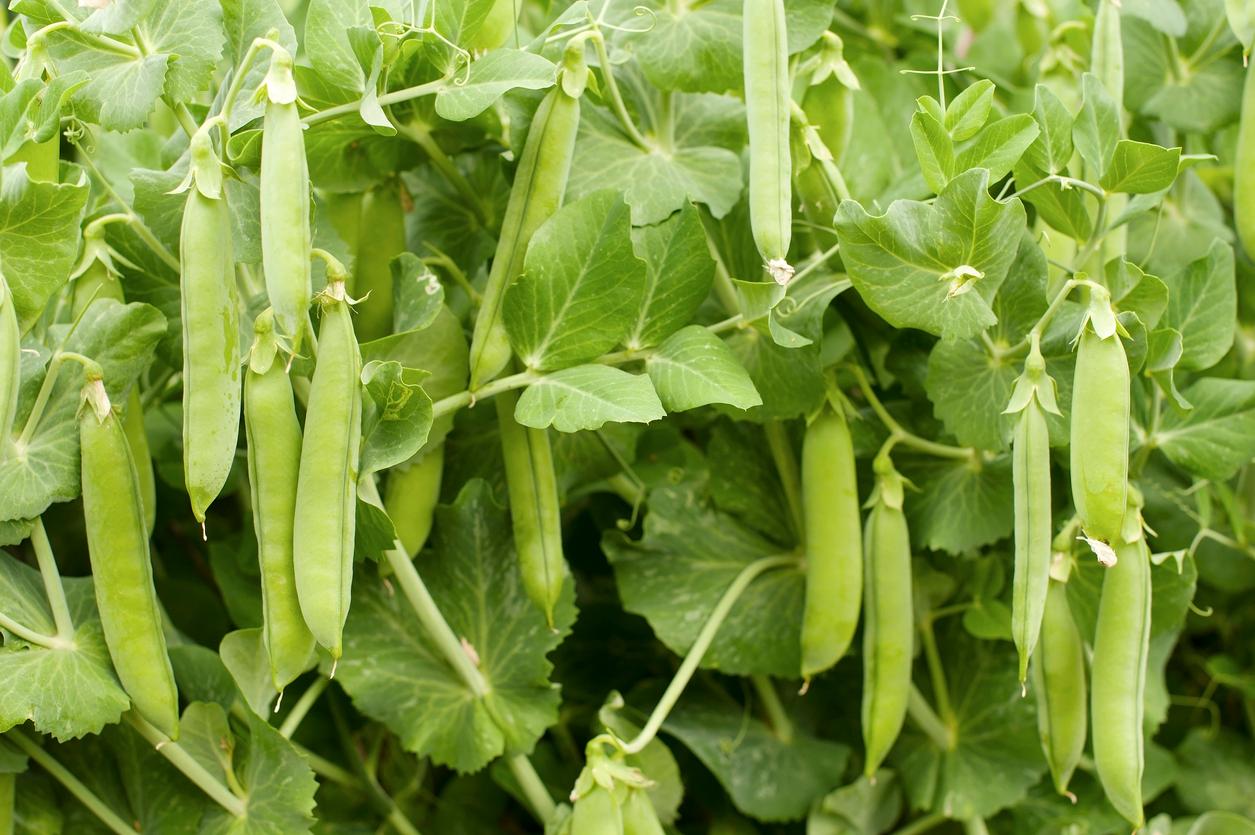
What even is a nitrogen-fixing plant? Well, it’s a plant that adds nitrogen to the soil as it grows.
“Instead of absorbing the nitrogen from the soil, they fix the nutrients. So, consider growing beans and legumes where you previously grew nitrogen-hungry plants in the previous year. This is one reason that crop rotation is so vital and should be planned out for several years,” according to the Gardening Channel.
The most common nitrogen-fixing plants are legumes, so you could grow green beans or garden peas, Rural Sprout explains. Check out the article from Rural Sprout for more plant ideas!
Add compost
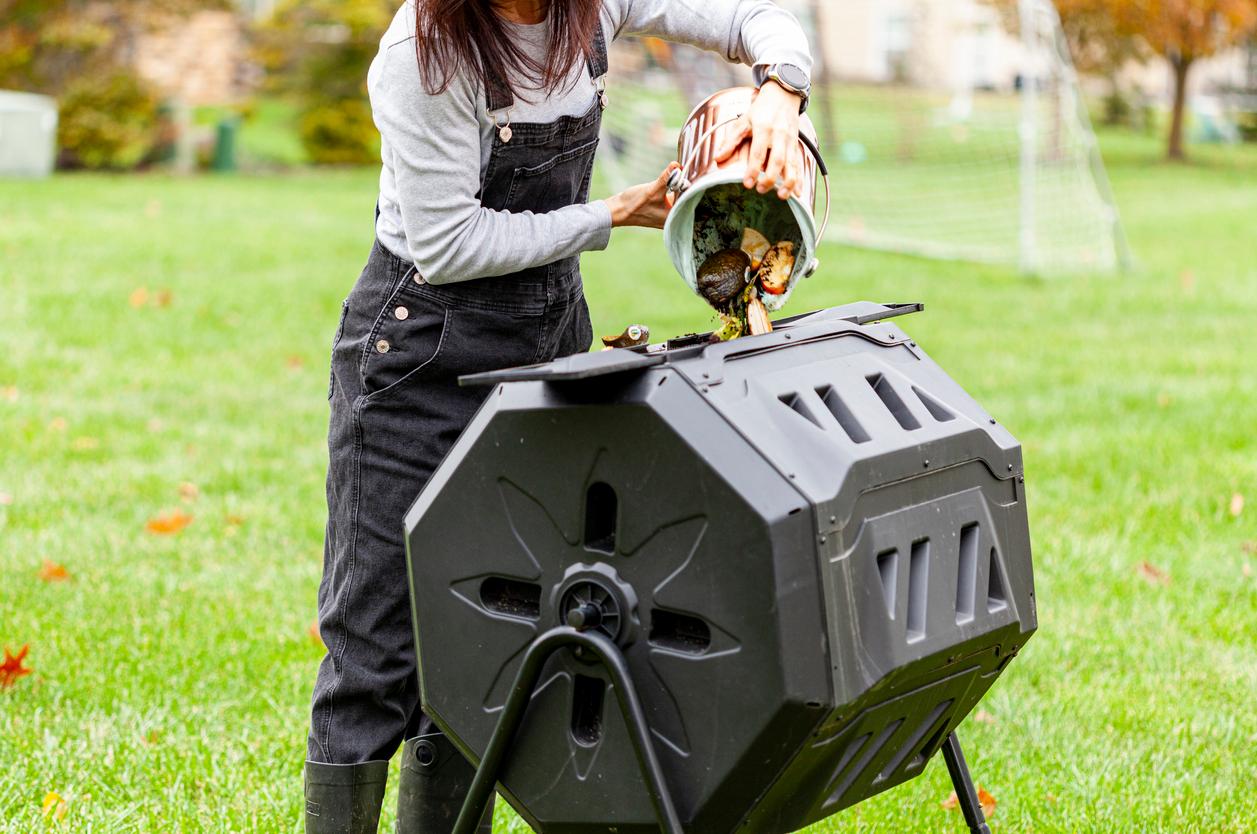
Compost is like gold in the gardening community — it’s packed full of nutrients that will make your plants grow strong and healthy, and it’s sustainable. Plus, you can make your own compost at home with food scraps and various outdoor materials.
Growing with Nature explains how your compost adds nitrogen to soil:
"The compost will slowly release nitrogen (and other nutrients) to your plants over time. Plus, it will support and add life to your garden soil. The result of adding compost to your soil is that levels of nutrient levels (including nitrogen) will slowly increase along with organic material.”
Not only does composting help your garden, but it also is extremely beneficial to the planet.